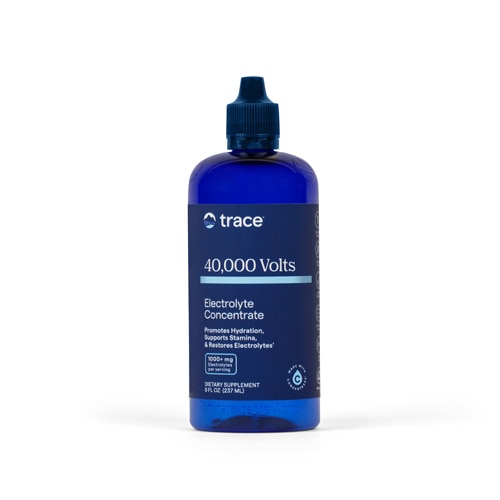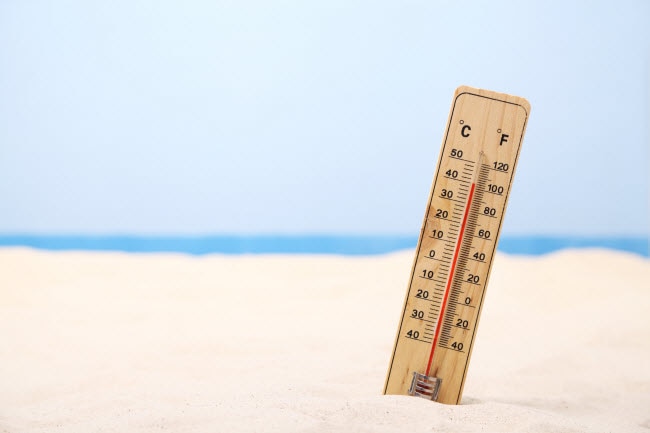In July 2019, twin babies in New York City — a boy and a girl — died after their father left them in a hot car for more than eight hours. They’re among more than 900 children in the U.S. who’ve died in hot cars since 1990.
All of those children were claimed by heatstroke, the most serious heat-associated illness. A related condition, heat exhaustion, can lead to heatstroke. Fortunately, both of these ailments can be prevented.
“Heat-related illnesses occur when your body can’t keep itself cool. As the temperature rises, your body produces sweat to stay cool,” the American Academy of Family Physicians says. “On hot, humid days, the increased moisture in the air slows down this process. When your body can’t cool, your temperature rises and you can become ill.”
In order to prevent heat exhaustion and heatstroke, you must understand what they are and how to recognize the symptoms.
What is heat exhaustion?
Heat exhaustion occurs when your body gets overheated but your core body temperature, or internal temperature, is below 104 degrees. The body’s normal core temperature is 98.6 degrees.
Among the potential causes of heat exhaustion are hot weather, strenuous activity, dehydration and alcohol consumption, the Mayo Clinic says. These can contribute to the body’s excessive loss of water and salt.
What is heat stroke?
Heatstroke happens when your body overheats, typically when you’ve been exposed to extreme heat for an extended period or you’ve physically exerted yourself in intense heat, according to the Mayo Clinic. A key indicator of heatstroke is a core body temperature of at least 104 degrees.
Heatstroke requires emergency care, the Mayo Clinic says. Left untreated, heatstroke can harm your brain, heart, kidneys and muscles. The longer a heatstroke victim goes without treatment, the more damage there likely will be and the greater the risk of death becomes.
Among those most susceptible to heatstroke (and heat exhaustion) are outdoor laborers, athletes, children and elderly people, according to the research journal American Family Physician. Also at risk are people with chronic health conditions (such as heart disease and lung disease) and people who are overweight, the National Safety Council says.
What are the symptoms of heat exhaustion?
Symptoms include excessive thirst, muscle cramps, nausea or vomiting, cool and clammy skin, headache, dizziness, fainting, fatigue, weakness, muscle aches, heavy sweating and rapid heart rate, Children’s Hospital Colorado and the National Safety Council say.
What are the symptoms of heatstroke?
Aside from those connected to heat exhaustion, symptoms of heatstroke include flushed or red skin, lack of sweating, breathing trouble and seizures, the American Academy of Family Physicians says. In addition, you might experience confusion, agitation, slurred speech and irritability, according to the Mayo Clinic.
How can you prevent heat exhaustion and heatstroke?
One of the keys to preventing heat exhaustion or heatstroke is staying in an air-conditioned place when the outdoor temperature and heat index are high, according to the American Academy of Family Physicians.
Other prevention tips from the family physicians group and the Mayo Clinic are:
- Wear lightweight, light-colored, loose-fitting clothes.
- Put on a hat or use an umbrella to block the sun.
- Apply a sunscreen with SPF of 15 or higher.
- Drink water or other fluids every 15 to 20 minutes, even if you don’t feel thirsty.
- Stay away from or cut back on alcohol and caffeinated beverages.
- Spend time outdoors before 10 a.m. or after 6 p.m.
- Take frequent breaks from outdoor activities.
- Be careful if you take medications that can affect your body’s ability to stay hydrated and disperse heat.
- Don’t leave a child or any other vulnerable person unattended in a parked car during hot weather, even if the windows are open.





